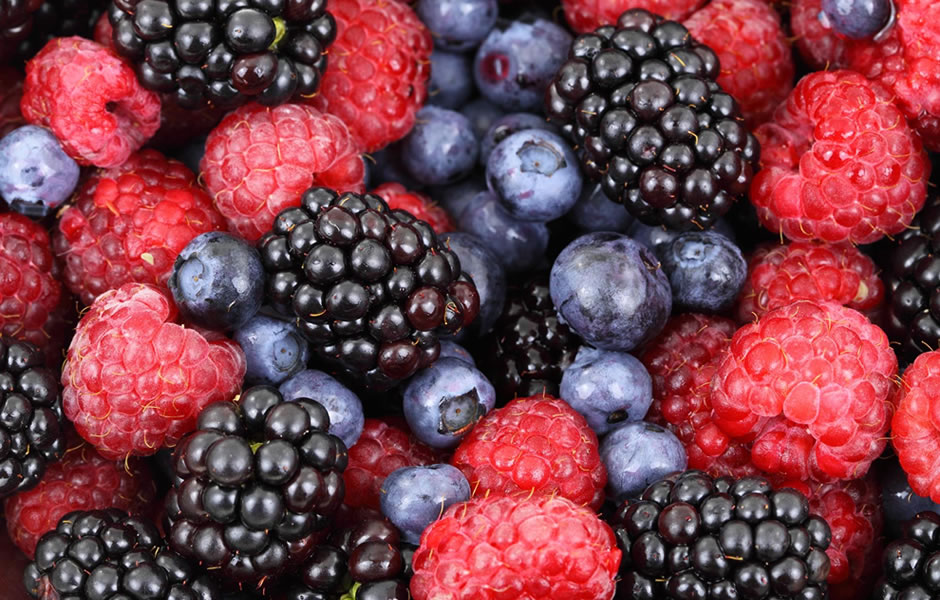Eating red fruits or drinking red wine regularly may play an important role in the regulation of the intestinal microbiota, and against inflammation, depression, dementia and other neurodegenerative diseases. A group of researchers from CINTESIS – Center for Health Technology and Services Research, have found that a particular class of compounds that is present in these foods (anthocyanins) is responsible for such effects.
Conceição Calhau is a researcher at CINTESIS, professor at the NOVA Medical School and the leader of the research team that conducted a number of studies to evaluate the relationship between our brain, the type of food we eat, and the composition of the intestinal microbiota, that is, the microbes that reside in the intestine.
At a first stage, the scientists carried out studies in animals and showed that a diet rich in saturated fat negatively alters the composition of the intestinal microbiota (there was a decrease in beneficial bacteria and an increase in inflammatory substances) and induces inflammation in the brain.
“The effects of a diet high in saturated fat go beyond obesity and insulin resistance, a precursor to diabetes. An unbalanced diet will alter the intestinal microbiota and induce a state of generalized inflammation. This inflammation, when chronic, can result in changes in the brain, contributing to the development of neurological dysfunction and a number of diseases, such as depression,” explains Cláudia Marques, one CINTESIS researchers involved in this work.
At a second stage, the team tested the efficacy of chronic consumption of anthocyanins, (present in red fruits) in the prevention of intestinal microbiota imbalance and brain inflammation. In the animal model, it has been shown that the continuous intake of blackberry extract rich in these substances is able to improve the intestinal microbiota and reduce the inflammation in the brain that underlies the neurological complications associated with obesity.
In humans, a clinical trial also compared the impact of a blackberry puree when ingested in the presence or absence of alcohol. “The results suggest that the consumption of blackberry puree with alcohol increases the levels of anthocyanins in the blood. However, further studies are needed to verify if overweight or obese individuals can effectively benefit from the consumption of foods containing both anthocyanins and alcohol, as is the case of red wine,” says Cláudia Marques, the first author of this article.
“The hypothesis of these substances, which we call prebiotics and psychobiotics, inducing the growth of beneficial bacteria in the intestine and thus interfering with inflammation in the brain, opens the way to a new therapeutic strategy for the prevention and treatment of neuropsychiatric diseases prevalent in the population, such as anxiety and depression,” concludes Conceição Calhau.

